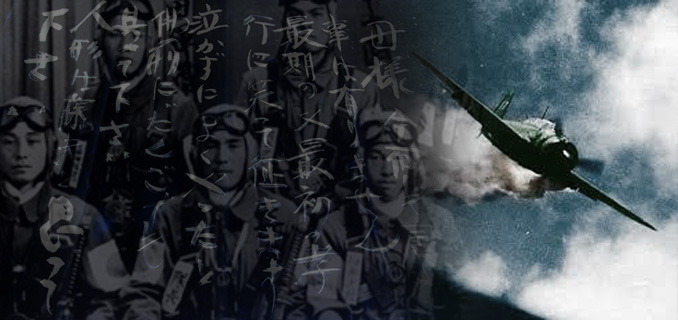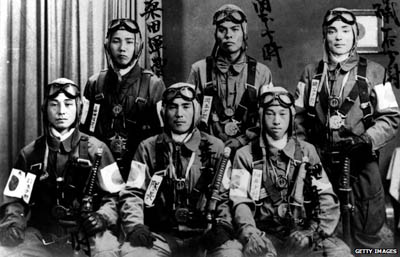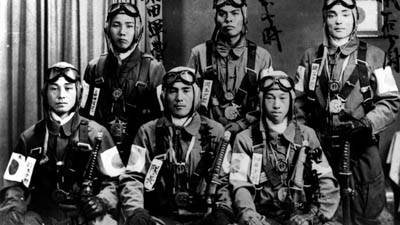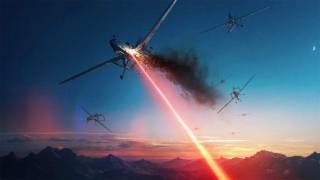Should We Remember Japan’s Kamikaze Pilots?
Source: redicecreations.xom

What should the modern world make of a collection of letters by young Japanese Kamikaze pilots - as gathered and perserved by an aged former pilot in the "special attack" squadrons?
Should items like these be recognized as an rare insight into history and be given World Heritage status? Or should such letters from "brainwashed" voluntary ’suicide bombers’ be quietly allowed to lapse into shameful obscurity?
Debates on whether to preserve unflattering or dishonourable history still go on, as is the case in Germany where some towns resist the temptation to remove evidence of Adolf Hitler from their Honourary Citizens lists, and massacres and genocides continue to be covered up and smothered for generations.
More on facing and accepting history...
---
Remembering Japan’s kamikaze pilots
By Rupert Wingfield-Hayes | BBC News

Japan hopes to immortalise its kamikaze pilots - a squad of young men who crashed their aircraft into Allied ships in World War Two - by seeking Unesco World Heritage status for a collection of their letters. Rupert Wingfield-Hayes meets the former pilot who built the collection, in honour of his fallen comrades.
"Kamikaze" - it is a word that has become synonymous with all that is crazy, fanatical and self-destructive. I remember as a young schoolboy in Britain learning about the kamikaze pilots. To me, what they had done was inexplicable. For long afterwards, it coloured my view of Japan, and it left me with a nagging question: how did it happen? What caused thousands of ordinary young Japanese men to volunteer to kill themselves?
I had long dreamed of asking a kamikaze pilot that question. And so it was that last week I found myself ringing the bell of a comfortable-looking house outside the city of Nagoya in central Japan. Moments later, striding out to meet me came a small, energetic and very neatly dressed old man, a wide smile on his face.
Tadamasa Itatsu is a spritely 89-year-old with twinkling eyes and a firm handshake. He cancelled his tennis game because I was coming, he tells me.
It’s hard to believe that cheerful old man was once a kamikaze pilot.
[...]
From a series of long cardboard tubes Itatsu-San pulls thin pieces of paper covered in black calligraphy. He carefully unfurls one on the table and begins to read.
"Dear mother, my one regret is I could not do more for you before I die. But to die as a fighter for the emperor is an honour. Please do not feel sad."
A lot of the letters are in this vein. They appear to confirm the view that a whole generation of Japanese men had been brainwashed in to self-abnegation and blind obedience to the Emperor.
But there are others, which show a minority of kamikaze pilots had not swallowed the propaganda, and even some that appear to reject Japan’s cause.
Read the full article at: bbc.com
Tune into Red Ice Radio:
Mark Weber - Hour 1 - Historical Review of War & Conflict
Sterling Seagrave - The Secret History of Asia & Gold Warriors
Joseph P. Farrell - Babylon’s Banksters, Nazi International & Global Finanical Blackmail
Nick Bryant - The Franklin Scandal, Child Abuse & Cover-up
Loren Coleman - The Copy Cat Effect & The Aurora Shooting
Neil Sanders - Hour 1 - The Dark Art of Mind Control






















